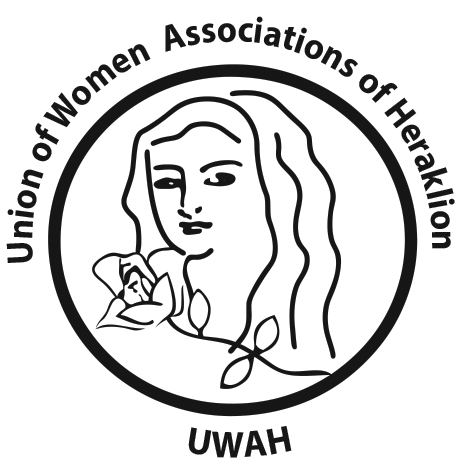SAFE-NET: Creating a Safety Net for girls victims of Online Violence

Online violence, and specifically online sexual violence, is targeted primarily at women and girls; with young women and adolescent girls being particularly at risk of being abused and harassed online. According to the UN, 73% of women have experienced some form of online violence. Online abuse and harassment stem from, reinforce and reproduce the same structural inequalities and discrimination as other forms of violence against women and girls (VAWG).
The first imperative in eliminating online VAWG is prevention along with its effective management. Changing social attitudes and norms is the first step to shifting the way online abuse is understood as a serious challenge. Awareness and sensitization to online VAWG must include educating the next generation of technology users, both boys and girls, as well as their parents, teachers and wider communities; while at the same time creating new tools for the protection and support of women and girls victims of violence.
The main objective of the SAFE-NET project is the creation of a safety net to address online VAWG and to support girl victims of violence through capacity building among school personnel on identifying and treating incidents of online VAWG in the school setting; raising awareness and increasing the knowledge of parents on online VAWG and specifically on handling disclosures of abuse; providing support and information on addressing online VAWG to (potential) victims; and advocacy activities for the adoption of relevant policies.
The school professionals, parents of teenagers and victims of online VAWG constitute the main target groups of project activities and results.
The project is a transnational strategic partnership among three partners from Greece and Norway. The project promoter will be responsible for the overall implementation of the proposed project; while the partners will contribute to the development and implementation of project activities.